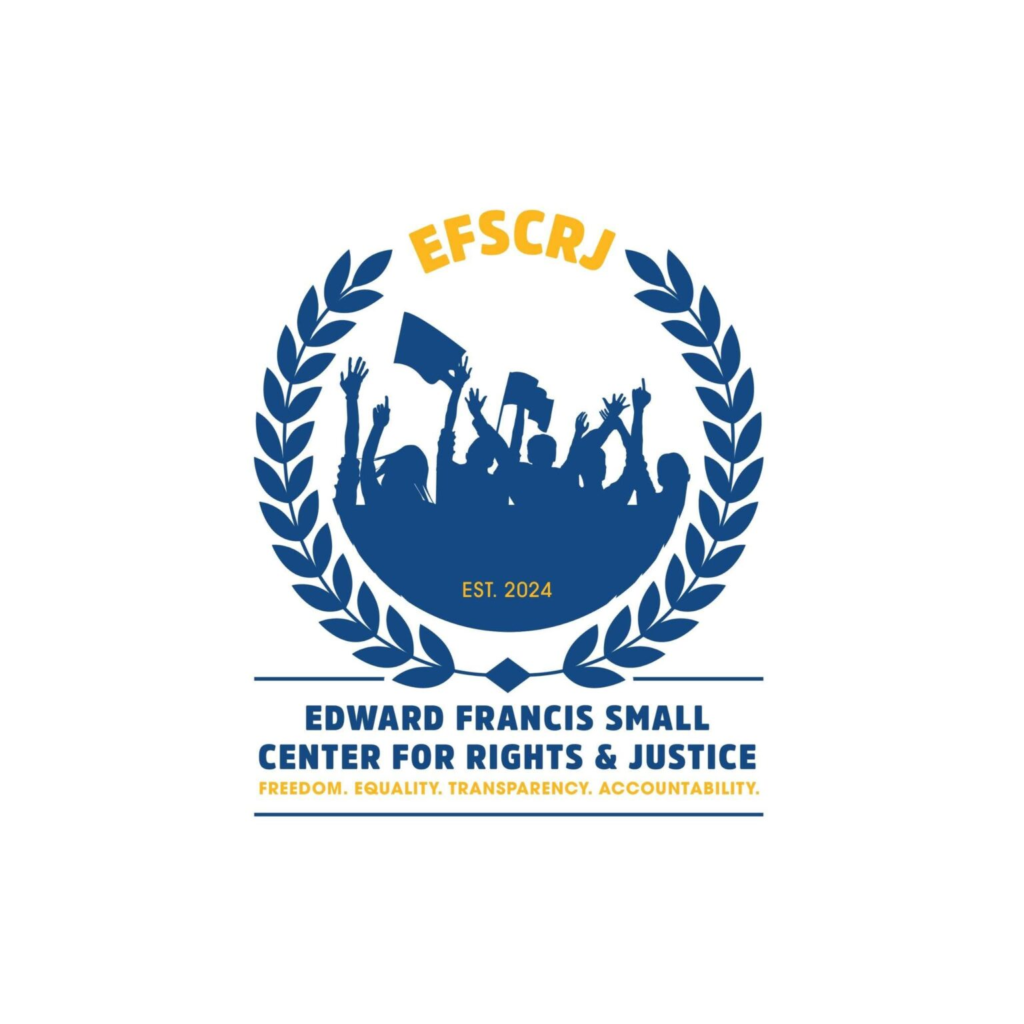
Today, April 24, 2025, marks the 55th anniversary since the Gambia finally removed the yoke of colonialism over our heads to reclaim our dignity, sovereignty and self-determination as free citizens on this land. After several centuries of European invasion and enslavement, the Gambia became a full-blown British colony in 1902 when all forms of resistance by our people where quelled by the French and then the British.
Since then, this country was under direct colonialism until May 2nd, 1962, when DK Jawara was appointed a premier to form a cabinet under the authority of the Governor-General Sir John Paul. On October 24th, 1963, Jawara was elevated to the position of prime minister to now chair cabinet meetings for the first time without the Governor-General. This is the year the Gambia attained internal self-rule status.
Following the 1964 constitutional conference in London, the date of ‘independence’ of the Gambia was decided to be February 18th, 1965. In the run-up to ‘independence’, the Gambia Independence Act (1964) was issued which effectively established the Gambia as a British dominion as stipulated in Article 1,
“On and after 18th February, 1965 (in this Act referred to as “the appointed day”) all those territories which immediately before the appointed day are comprised either in the Colony of the Gambia or in the Protectorate of the Gambia shall together form part of Her Majesty’s dominions under the name of The Gambia; and on and after that day Her Majesty’s Government in the United Kingdom shall have no responsibility for the government of those territories.”
Next to follow as the 1965 Constitution which was written by the British and imposed on the Gambia. A review of the provisions of that constitution indicates that the Gambia was not an independent country in 1965 but a dominion of the British Empire. Here are a few of the provisions of the 1965 Constitution indicating the dominion status of the country in 1965.
• Section 29 established the Office of Governor-General to be, “appointed by Her Majesty and shall hold office during Her Majesty’s pleasure and who shall be Her Majesty’s representative in The Gambia.”
• Section 32 established the Parliament, “which shall consist of Her Majesty and a House of Representatives.”
• Section 41 provided that “nominated members shall be appointed by the Governor-General, acting in accordance with the advice of the Prime Minister.”
• Section 56(1) states, “The power of Parliament to make laws shall be exercisable by bills passed by the House of Representatives and assented to by the Governor-General on behalf of Her Majesty.”
• Section 60 granted the power to the Governor-General to dissolve Parliament at any time.
• Section 62(1) states, “The executive authority of The Gambia is vested in Her Majesty” to be exercised (s.61.2) on her behalf by the Governor-General.
• Section 63 granted power to the Governor-General to appoint the prime minister.
• Section 65 granted power to the Governor-General to appoint ministers.
• Section 66 stated that the function of the Cabinet was to advise the Governor-General.
• Section 89 stated that the Governor-General appoints the Chief Justice with the advice of the prime minister.
These provisions and the entire 1965 Constitution were not an independence constitution. The country had to undergo two referendums, first in November 1965 and then on April 22nd, 1970, for citizens to overwhelming vote to become independent on April 24th, 1970. We cannot and must not ignore nor downplay the history of the country.
As a republican organization, EFSCRJ stands for the dignity and integrity of the Gambia which includes upholding the true history of our nation. In this regard, we wish to recommend and will advocate for the Government to promulgate a law to correct and state the true date of independence of the Gambia as April 24th, 1970.
We hold that by correcting the history of the country, we will generate greater public awareness and interest in the Republic, hence augur well for the promotion of good governance of the country. It is our well-thought-out view that Gambians generally lack the appreciation and exercise of their sovereignty due to our limited knowledge of our history. Consequently, the interest and commitment of citizens to defend their Republic to ensure an open, just and equal society with shared prosperity for all has been severely limited. It is this deficient citizenship which further gives rise to the incidence of poor leadership and bad governance afflicting the country ever since. Thus, the prevalence of corruption, poverty, abuse of power and their attendant problems are all the result of a citizenry that has yet to fully understand and appreciate the meaning of a republic and sovereignty.
EFSCRJ wishes to therefore build that sovereign, conscious and empowered citizen but which cannot be achieved in the absence of the acknowledgement of the true history of our nation. The responsibility to build the Gambia into a nation where ‘justice guide our actions towards the common good’ cannot be fulfilled without the true knowledge of our history. We, therefore, urge the Gambia Government and all citizen to recognize April 24 as the true and only Independence Day of the Gambia.
Every citizen has a duty to contribute to the growth and protection of the republic. Building the nation requires active participation in democratic processes, upholding the rule of law, and working towards social and economic justice and progress. Defending the republic means safeguarding its sovereignty, democratic values, and unity against internal and external threats. Citizens must promote justice, equality, and civic responsibility while resisting corruption, abuse of power, and divisive forces. By fulfilling these responsibilities, we ensure a strong, prosperous, and inclusive republic today and for future generations. However, these are unattainable without knowing and accepting our true history and experience as a people.
Happy Independence Day


